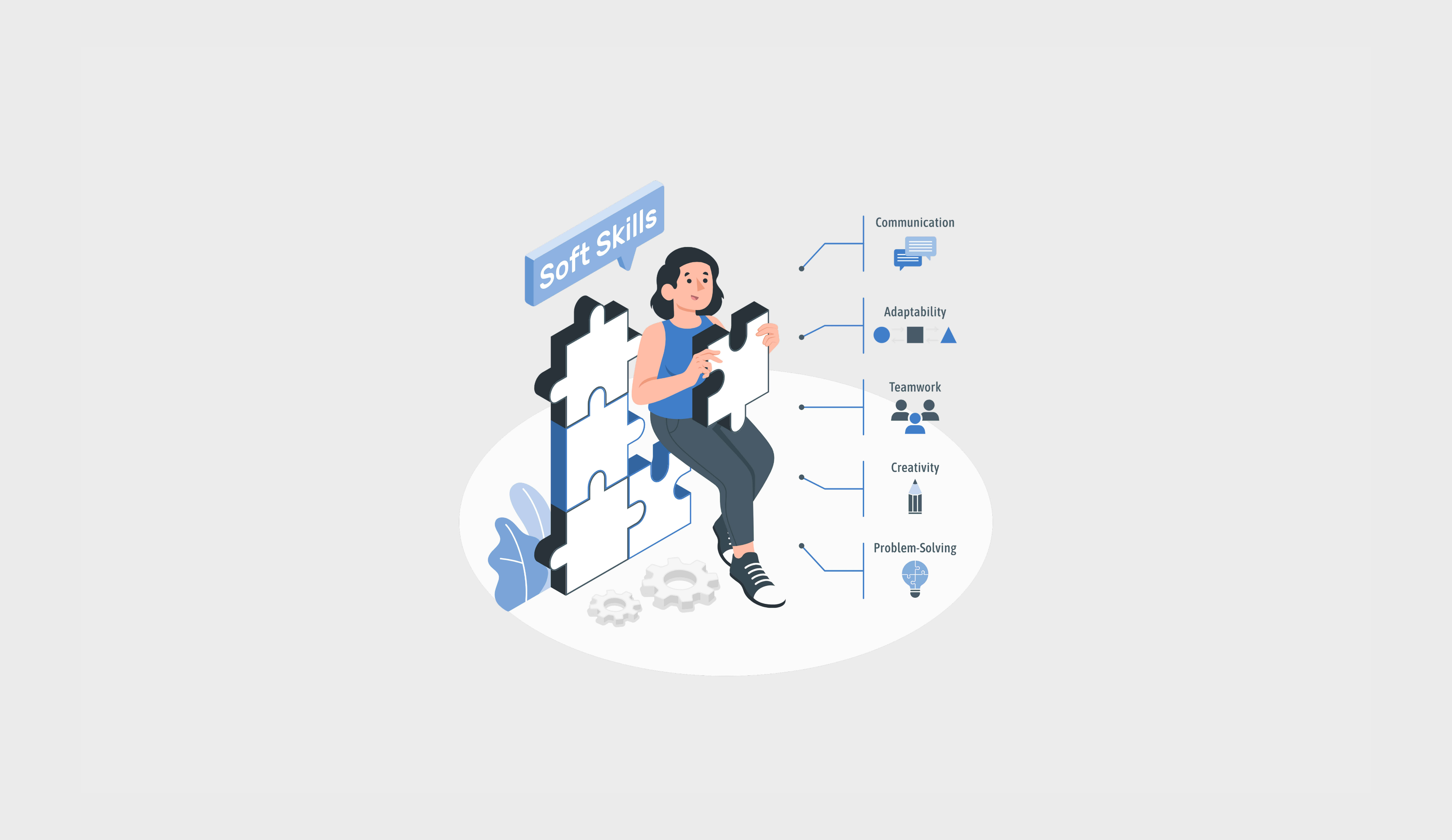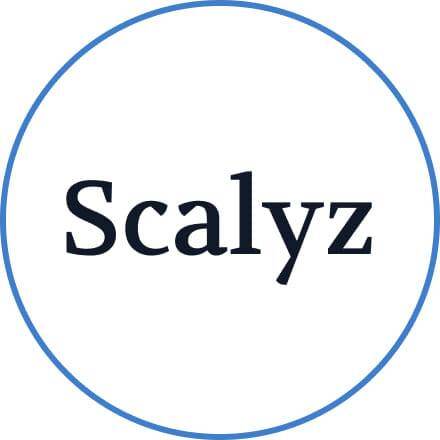The tech professions are evolving rapidly, as are the expectations for the profiles sought. Today, mastering a programming language or a framework is no longer enough. IT recruiters, whether in IT service companies, startups, or enterprises, must also ensure that candidates can collaborate, solve complex problems, adapt, and communicate effectively. Soft skills are no longer optional; they have become the foundation of performance in agile, cross-functional, and demanding work environments. In response to this reality, evaluation methods must also evolve. This article will help you understand why and how to test soft skills and presents concrete tools to integrate them into your recruitment process.
Table of Contents
1. Why Soft Skills Have Become Essential in IT Recruitment ?
2. What Classic Technical Tests Fail to Evaluate
3. New Methods for Assessing Soft Skills in IT Contexts
4. Scalyz: Evaluating Attitude, Logic, and Problem-Solving in Real Conditions
5. How to Integrate Soft Skills into Your Selection Criteria
1. Why Soft Skills Have Become Essential in IT Recruitment ?
Human skills, also known as behavioral skills or soft skills, have become essential for effective IT recruitment. The widespread adoption of agile methods, close collaboration between product, design, and development teams, and the daily management of uncertainty make qualities such as:
- Clear communication (both written and verbal)
- Team spirit and collaboration ability
- Adaptability to unforeseen changes
- Complex problem-solving
- Autonomy and initiative
A developer or system engineer who can ask the right questions, propose solutions, and adapt to a changing environment is often more valuable than a highly technical expert who cannot interact effectively with their peers.
2. What Classic Technical Tests Fail to Evaluate
For a long time, technical tests were limited to multiple-choice questions or short, out-of-context coding exercises. These formats now present many limitations:
- Disconnected from the reality of the job (no business simulation, no collaboration)
- Unable to measure soft skills such as reasoning logic or communication
- Unengaging for experienced candidates
- Raw results that are difficult for recruiters to interpret and use
As a result, top talents sometimes drop out of the process, feeling undervalued. Decisions rely on intuition, and recruitment timelines lengthen.
3. New Methods for Assessing Soft Skills in IT Contexts
Faced with these limitations, several modern approaches now allow for more precise and reliable detection of soft skills. Structured interviews, using behavioral analysis grids, provide an objective framework to assess key attitudes such as communication and stress management. Live or asynchronous pair programming reveals a candidate’s ability to collaborate, explain choices, and adapt. Short technical projects over several days highlight organization, rigor, and initiative. Finally, immersive labs simulate realistic situations, like incident resolution or pipeline adjustments, putting candidates to the test with challenges close to real work environments.
These formats offer a more complete view of a candidate’s potential by showcasing problem-solving in context, reasoning, autonomy, and clarity of expression. Unlike traditional tests, they place candidates in an active, contextualized dynamic where their soft skills can truly emerge. For tech recruiters, this is a reliable lever to better understand talent and make more informed decisions.
4. Scalyz: Evaluating Attitude, Logic, and Problem-Solving in Real Conditions
The Scalyz platform is part of this new generation of evaluation tools. It enables recruiters to offer candidates immersive and contextualized technical tests based on real-world situations encountered on the job.
Scalyz stands out notably through:
- Analysis of the candidate’s reasoning and choices (soft skills observed in action)
- A smooth and user-friendly experience for both recruiters and candidates
- Realistic scenarios designed according to market needs (DevOps, CI/CD, monitoring, etc.)
- Time and cost savings for teams thanks to automated reports
Scalyz tests put candidates in front of a technical situation to diagnose and resolve. This approach reveals their ability to identify root causes, formulate coherent solutions, and prioritize actions. It is a valuable indicator, far more predictive than a simple score.
5. How to Integrate Soft Skills into Your Selection Criteria
Integrating soft skills into recruitment decisions is essential to truly benefit from them. This starts with clearly defining the key behavioral competencies for each role, such as problem-solving, communication, or stress management, and then combining technical and behavioral data within evaluation reports. Structured feedback sessions involving HR, managers, and technical teams enable a better interpretation of observed signals and support more aligned and relevant decisions.
By valuing candidates not only on technical performance but also on their attitude, reasoning, and ability to integrate into a team, this approach enhances recruitment quality. It helps reduce hiring mistakes, improves candidate experience and retention, and builds a more human and engaging employer brand.
Conclusion
IT roles today require far more than just technical skills. Human qualities, logical thinking, and collaboration abilities have become essential. Evaluation tools must evolve to capture these signals. With Scalyz, you can finally assess both technical and behavioral skills, save valuable time while making confident hiring decisions, and provide your candidates with a modern, rewarding assessment experience.
Ready to switch to immersive evaluation?
Try Scalyz for free: Book your online demo now.
Partager cet article




